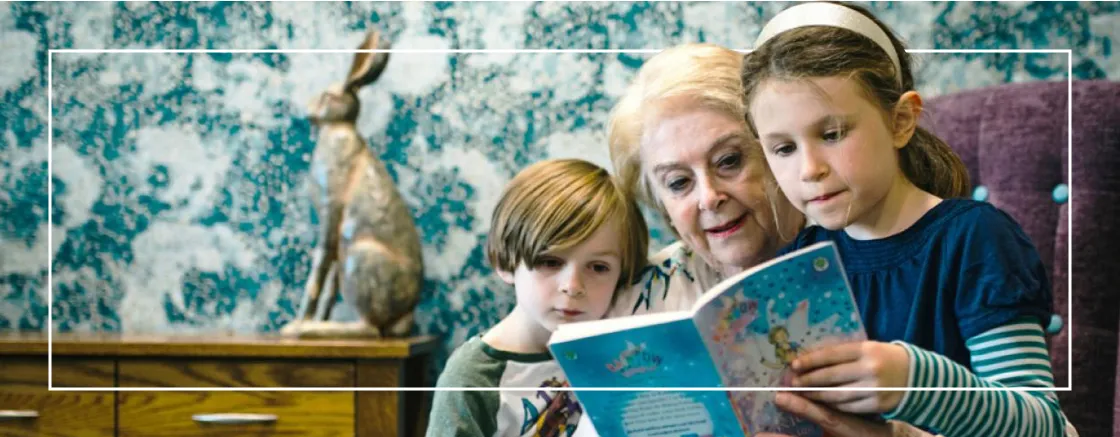4th December 2025
Coping With Complex Needs of Dementia & Behaviours That Challenge
Blog
Find your nearest Barchester care home
With over 200 care homes in the UK, there's always a Barchester care home near you.
Finding the ideal care home is a daunting task but seeking help and advice can make the process easier and help you to make the best decision possible for yourself or a loved one.
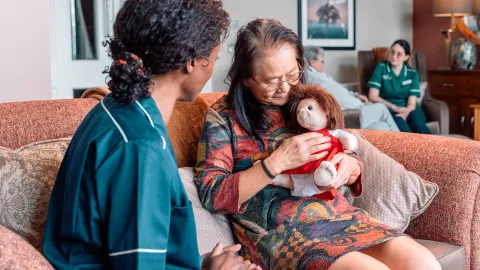
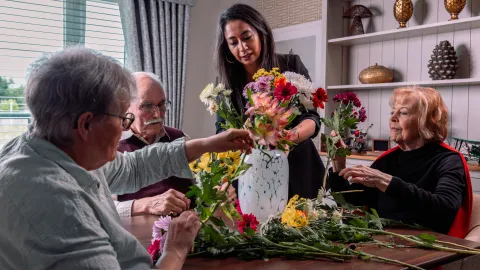

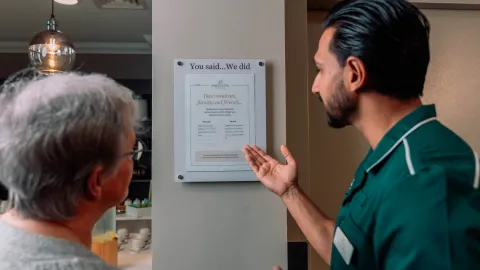
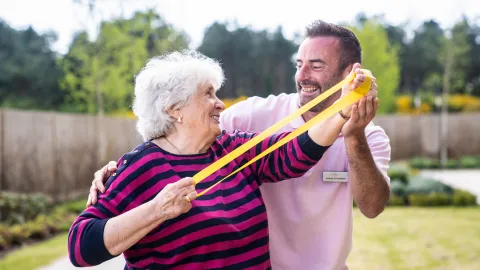
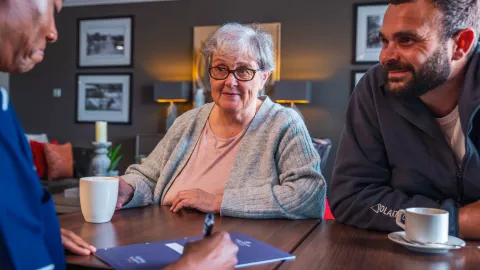
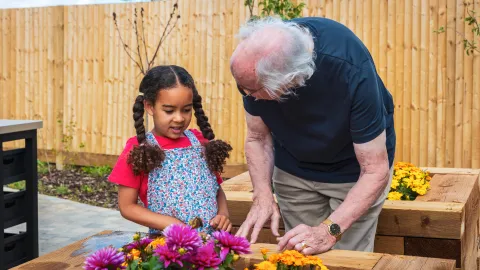
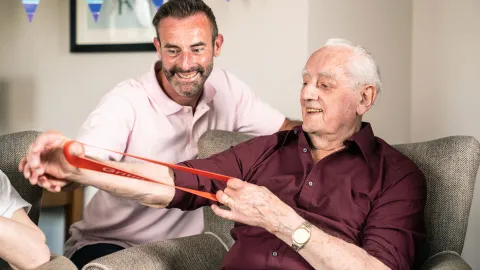



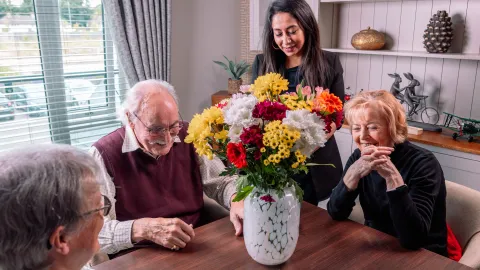
With over 200 care homes in the UK, there's always a Barchester care home near you.
